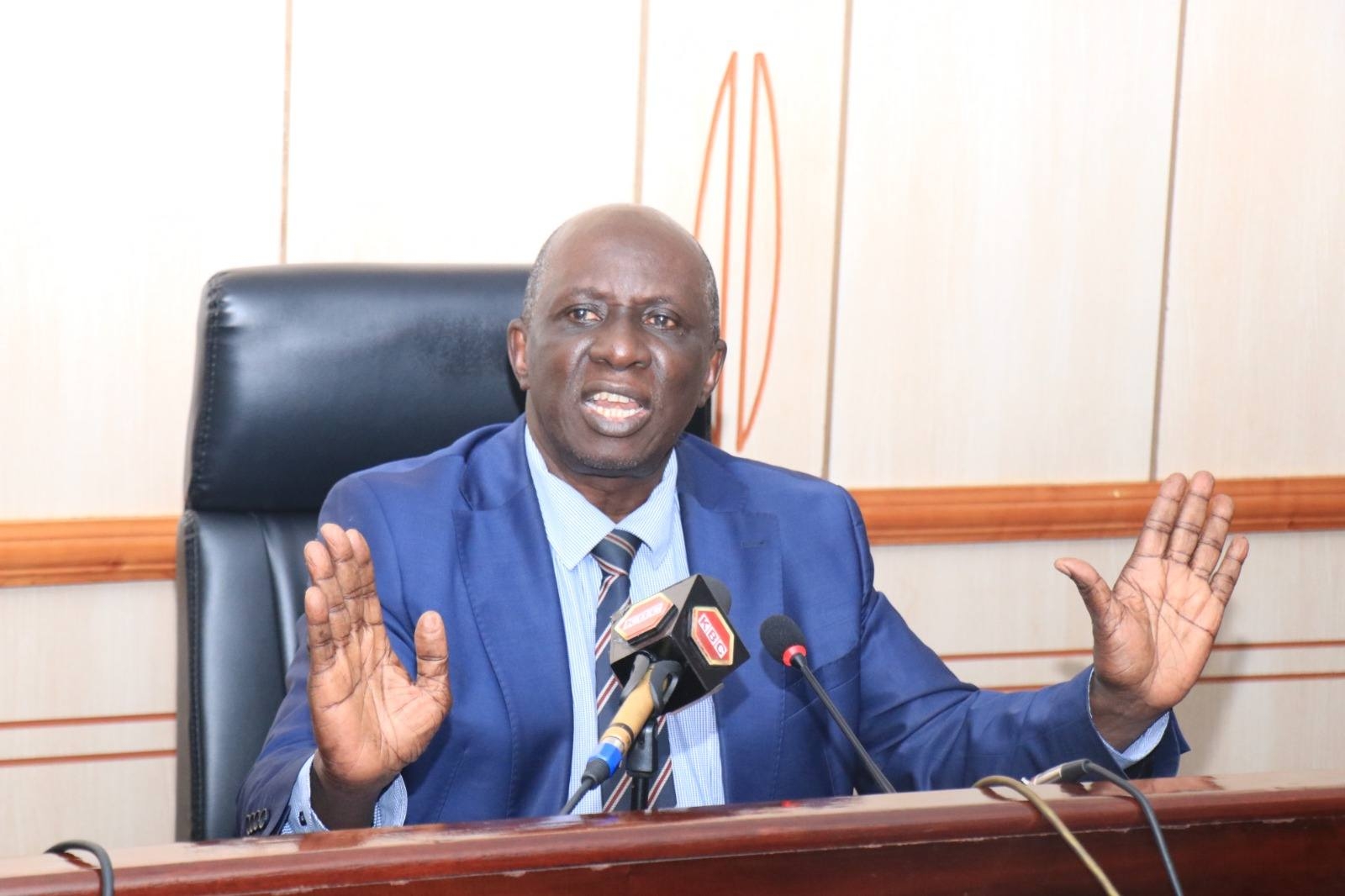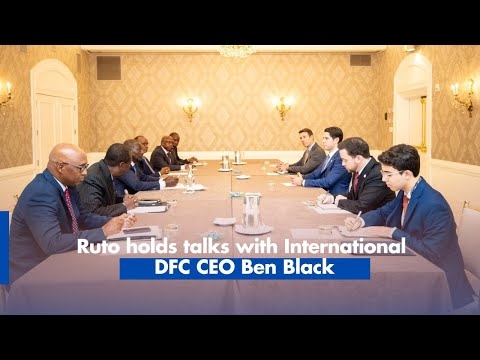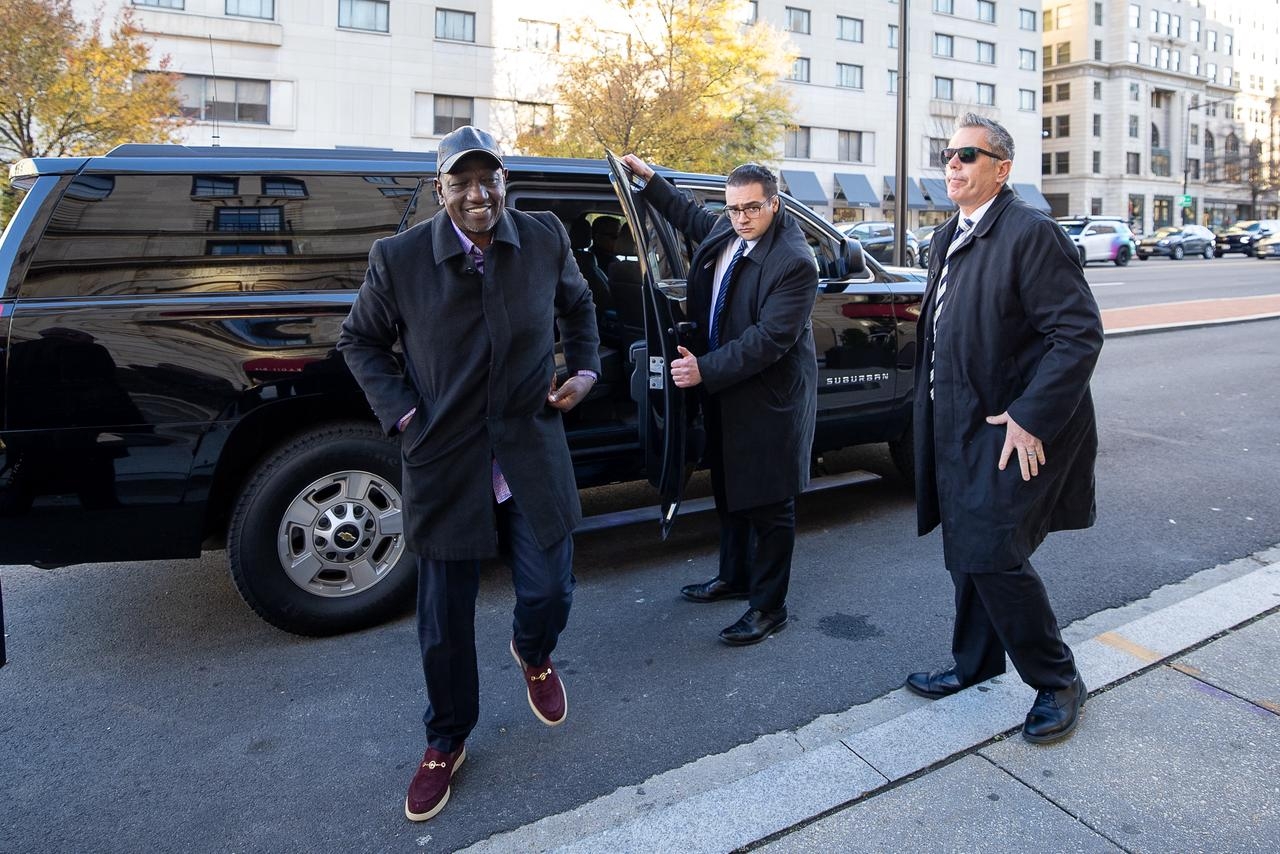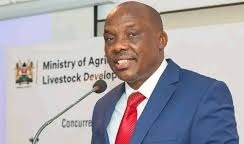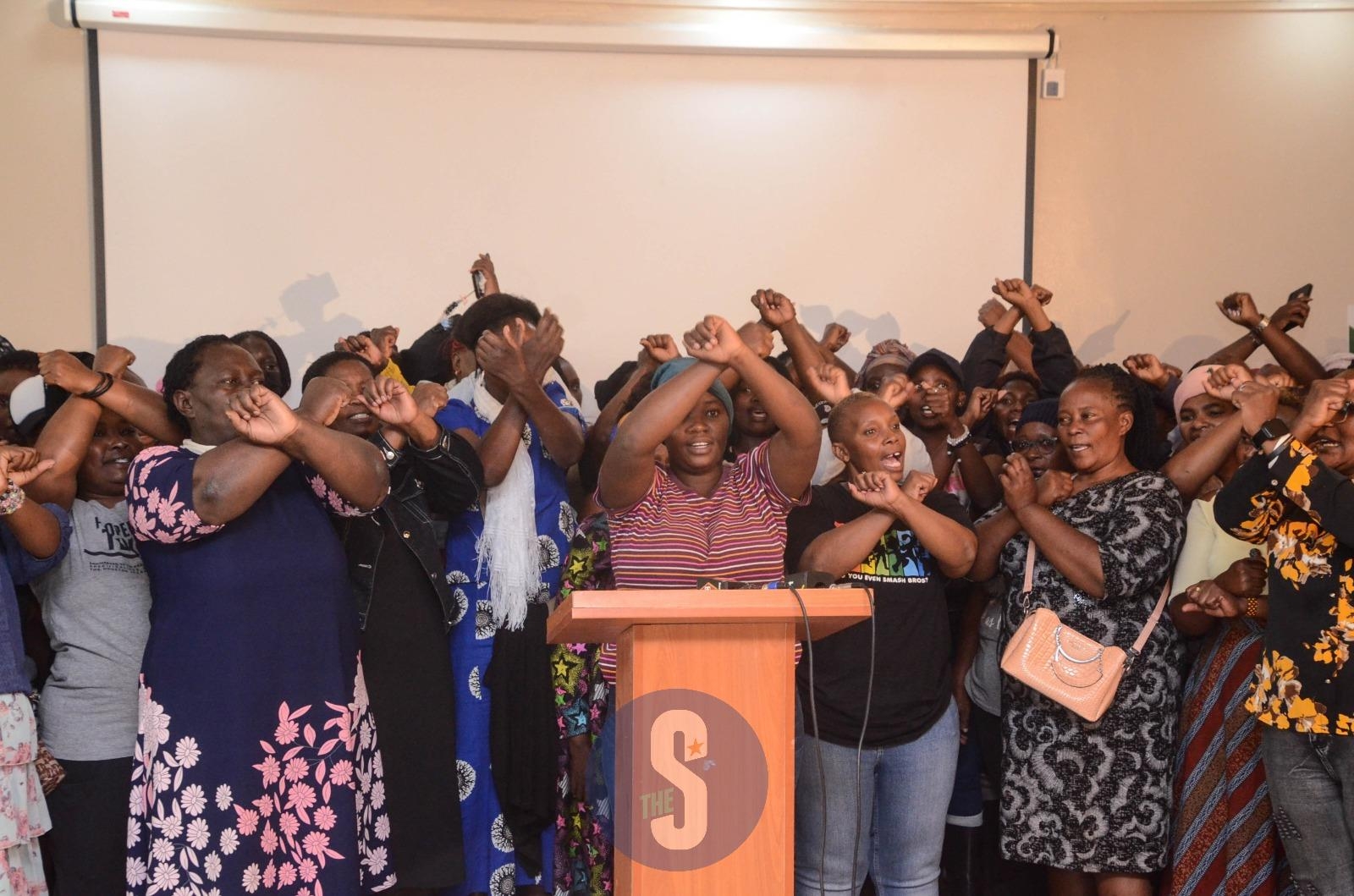Elections for the Chairperson of the African Union Commission (AUC) are scheduled for February 17-18, 2025, during the 38th African Union (AU) Summit to be held in Addis Ababa, Ethiopia. Kenya has made a serious bid which is causing dissonance.
The discord is a consequence of two illusionary perspectives. The first is anchored on the 2017 failed and expensive bid which pitted Moussa Faki Mahamat, the then Chad’s Minister of Foreign Affairs, against Amina Mohamed, Kenya’s former Minister of Foreign Affairs.
The second is on Kenya’s candidate, opposition leader Raila Odinga, who has failed to win Kenya’s presidency five times. He’s being characterized as a self-seeker and betrayer of Kenya's Gen-Zs who recently revolted against the government.
In the first scenario, we need to be cognizant of the fact that the African Union's (AU) foreign policy context has evolved in three critical dimensions, leaving Kenya as the only country, from the Eastern Africa region, capable of tackling Africa’s emerging issues.
The first concern is Peace and Security. The AU's foreign policy in 2017 had a sharp focus on conflicts in the Central African Republic, Mali, Somalia, and South Sudan; with significant attention on the war on terror.
Today, efforts need to be intensified on conflicts, in the DRC, Ethiopia, Sudan, and military Coup d’états in West Africa.
Focus more on tackling root causes of instability, instead of firefighting Kenya is the only acknowledged global and continental leader in peace and security. Kenya has been elected to the United Nations Security Council, as a non-permanent member three times.
In addition, Kenya is a steady ally of all the 32 NATO members (Non-NATO ally); and is currently leading the UN authorised Multinational Security Support Mission in Haiti.
In Nairobi, Kenyan mediators are also busy with South Sudan’s Tumaini Initiative launched in May.
This is an effort to ensure South Sudan does not revert to civil war should the general elections scheduled for December 2024 don’t happen; and the precarious power sharing deal inked in 2018 expires in February 2025.
In the past, Kenya has participated in many peacekeeping missions under the auspices of the United Nations and the African Union. These include in: Kosovo, Lebanon, Somalia, DRC, Darfur, South Sudan, and Central African Republic.
Second key concern is trade. AU was still preparing for the African Continental Free Trade Area (AfCFTA), at the time of 2017 elections; and AfCFTA was successfully launched in 2021.
The focus now is to accelerate intra-African trade. Kenya has extensive trade networks globally.
The latest being membership to Asian Infrastructure Investment Bank and European Bank for Reconstruction Development, Third is the AU’s foreign policy context on economic development, which require a new model.
African countries need to transit from perpetual Maslow’s physiological needs (survival), and mendicant diplomacy (begging) to prosperity. This will require Africa to be globally competitive.
For this to happen, Africa needs to be militarily strong and industrially superior.
This will require outstanding capabilities in 5 areas: artificial intelligence (AI), semiconductors, and electric vehicle batteries, nuclear power, and defense.
Kenya has a head start in all these areas, and can share knowledge with other African countries.
It is from this perspective African Heads of State should identify the country with the capacity and candidate, to fast track prosperity in Africa. The choice is between: Raila Ondiga of Kenya, Mahamoud Ali Youssouf of Djibout, Anil Gayan of Mauritius, and Richard Randriamandrato of Madagascar.
Raila’s grave misnomer is a domestic matter, and shall be addressed internally.
More unites Kenyans than divides them Let all Kenya’s rally support for Kenya through public diplomacy.
The Kenyan bid is a do or die.
The stakes are very high. From a global perspective, A loss would be devastating to Kenya, politically, economically, and diplomatically. It would have an adverse impact on Kenya’s foreign direct investments.
On the way forward, Kenya’s candidate must convince African Heads of States, that he has the clarity, knowledge, and the gravitas needed to be an effective CEO for Africa.
The good news is that Kenya has a strong and stable economy, the 7th largest economy in Africa to back him up.
According to World Bank, as at the end of 2023. Kenya’s GDP (Current US$) was 107,440,575,
Madagascar 16,031,702, Mauritius 14,397,127, and Djibouti 4,098,530.
Finally, Kenya will need to supplement normal diplomatic efforts by hiring services of 40 special envoys, to engage global partners, and chart the route for Raila.s one-on-one meetings with African Heads of State.
Ambassador Ngovi KITAU is First Kenyan Ambassador to the Republic of Korea and Specialist in Korean Peninsula Studies.







